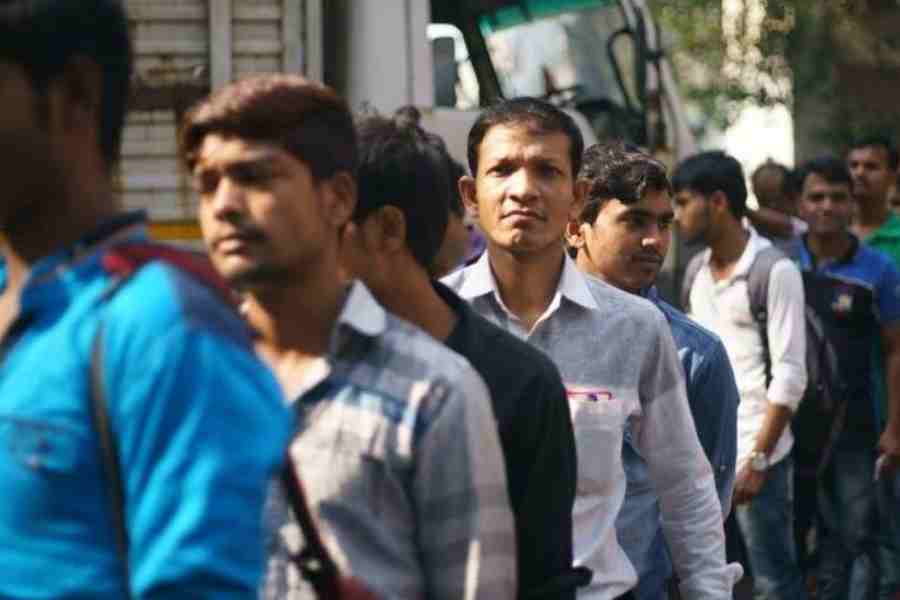Productive employment creation is a significant development challenge. But we must ask: how to create employment when no wherewithal exists in rural India? Is it going to be done within the ‘business as usual’ paradigm with an unshakeable faith in the ‘trickle down’ effect of market fundamentalism with a reliance on investment of corporate capital? Not at all; the reason being employment intensity of corporate capital is too low to be accepted as a means of redressal of unemployment, which is growing at a frightening scale. Moreover, openings in the government or public sector are few. Unemployment is also an acute problem in rural India, which is vulnerable to uncertain agricultural performance.
The challenge is how to create space for the educated folk in the rural economy that might transform itself through the creation of employment and income opportunities. Low capital-based but efficient local development process can create such a space in the rural economy. This is possible to achieve, I argue, by way of instituting an alternative mode of employment creation through new models like collective entrepreneurship structure or ‘niche structure’. The employment-generation schemes as provisioned in the national budget have reasons to lend credibility to this model. The alternative route to employment creation in rural India as suggested by this model may not only extricate the rural economy from the low-level equilibrium trap but also trigger consumption demand which, in turn, could lead to a rise in investment and create employment.
Niche structure is a new collective entrepreneurial structure or collective enterprising system for a variety of economic activities in the form of self-organisation as a part of commons. It gives rise to innumerable associated producers’ self-organisations in all kinds of activity, including manufacturing, processing, repairing, construction and servicing. These are collective enterprises — but not co-operatives in the traditional sense — with a low capital base that maintain relative autonomy. It is a reinvention of workers’ cooperatives, an independent creation of the workers not as a protégé either of the government or of large capital. It can even take the support of the State but it must not be ruled by it. Workers themselves are owners here.
What matters is how one calibrates the utilisation of material resources for job creation. The production processes and services may be encouraged to grow with green technology. These are small-scale ventures but energy-efficient, non-polluting and community-oriented. They have the potential to create local jobs through investment in green technologies. The local resource base comprising agricultural, natural, human and animal resources is expected to offer a wider scope for the opening up of various self–managed, collective, entrepreneurial activities.
The steps to be taken for its implementation include the delineation of geographical areas in terms of agro-climatic zones for new entrepreneurial activities to come up based on the local ecosystem and resource base; resource-mapping covering natural resources, agro-resources, skilled human resources apart from traditional, unemployed, educated youth, animal resources and their by-products; existing status of manufacturing, servicing, processing and business, healthcare system, educational services, repair works, agro-marketing and marketing of animals and their byproducts. The government will have to play a proactive role in facilitating the transfer of technology, providing seed capital in the public-private partnership mode, skill development, marketing, as well as examining the feasibility of new activities.
Developing the rural economy would uplift the state economy. The only route is the creation of sustainable employment and income generation for rural youths based on the growth of low-capital-based activities through the collective entrepreneurial structure.
Sunil Ray is former Director, A.N. Sinha Institute of Social Studies, Patna and professor of Economics at the Institute of Development Studies, Jaipur











